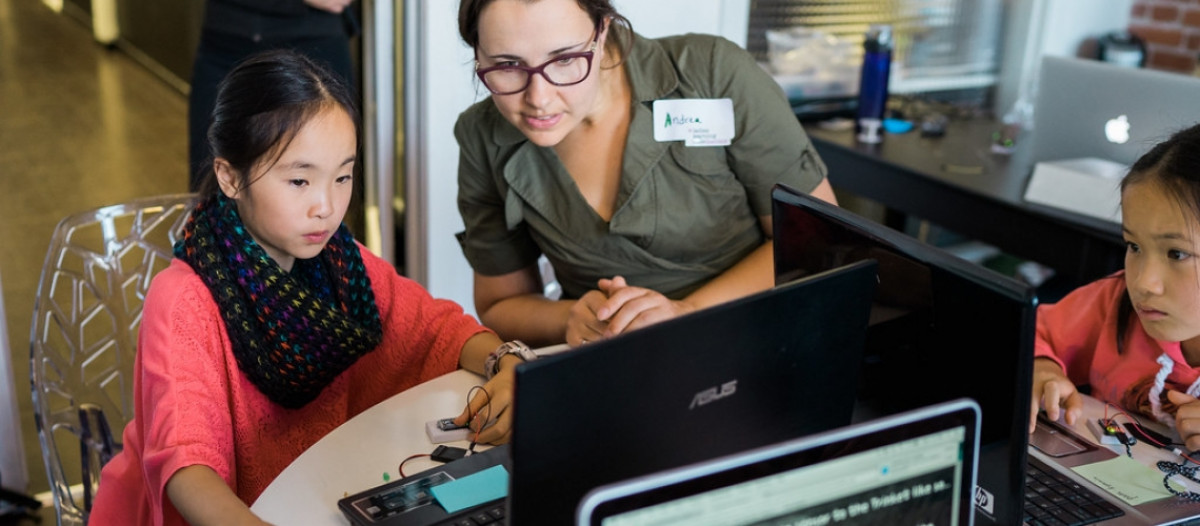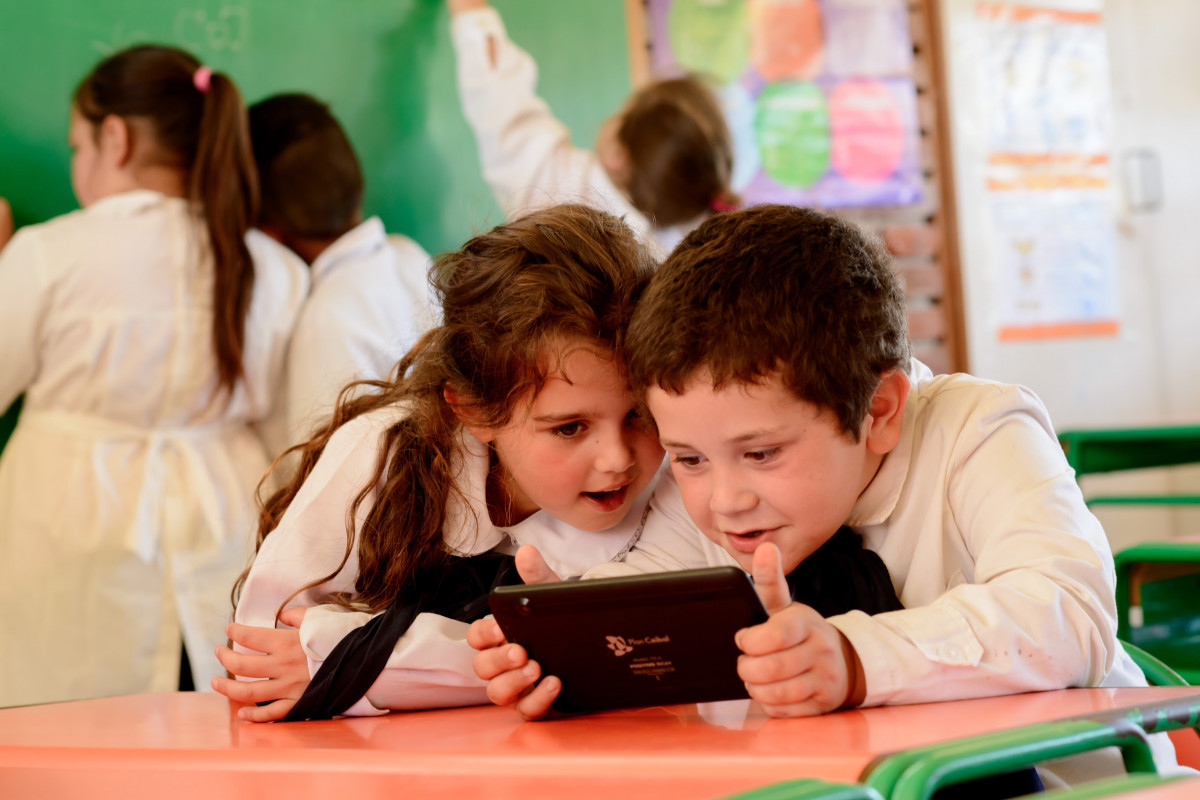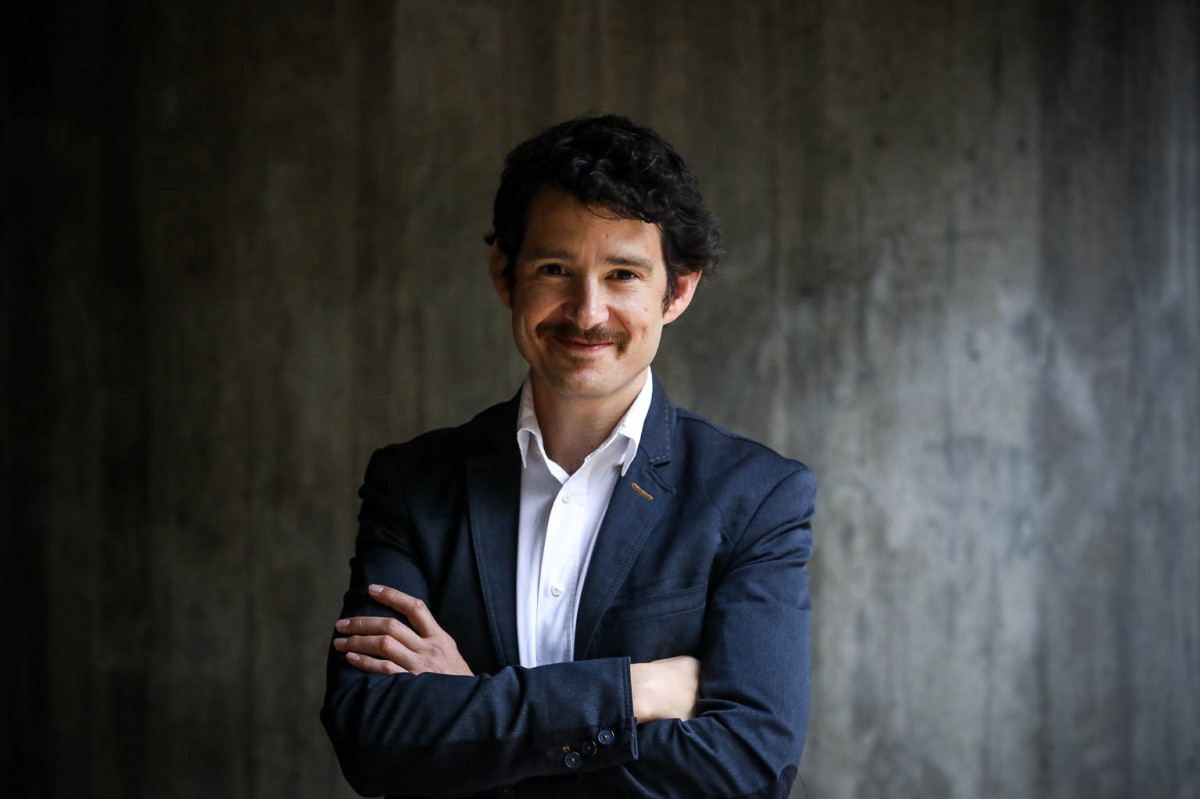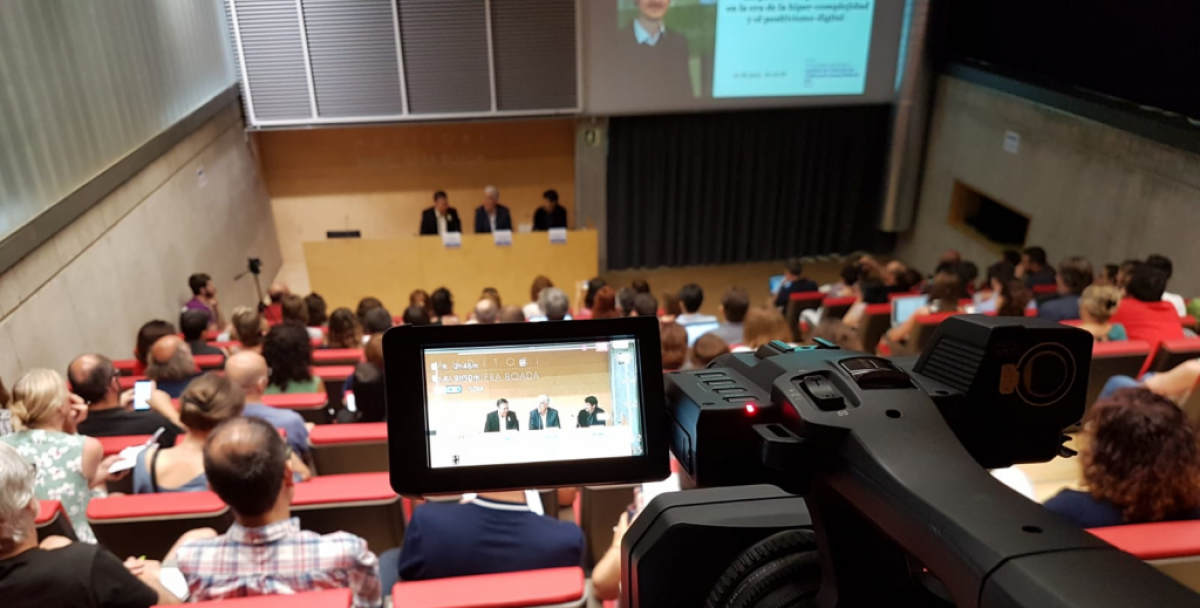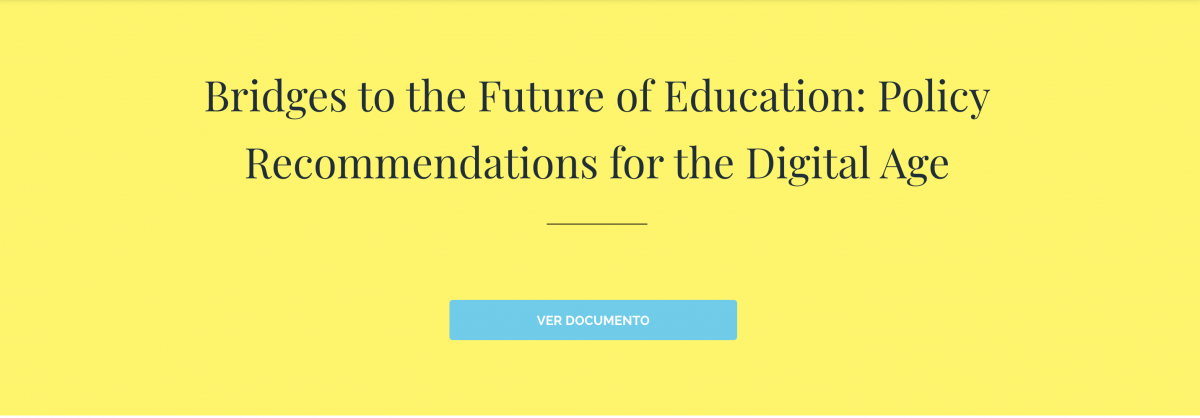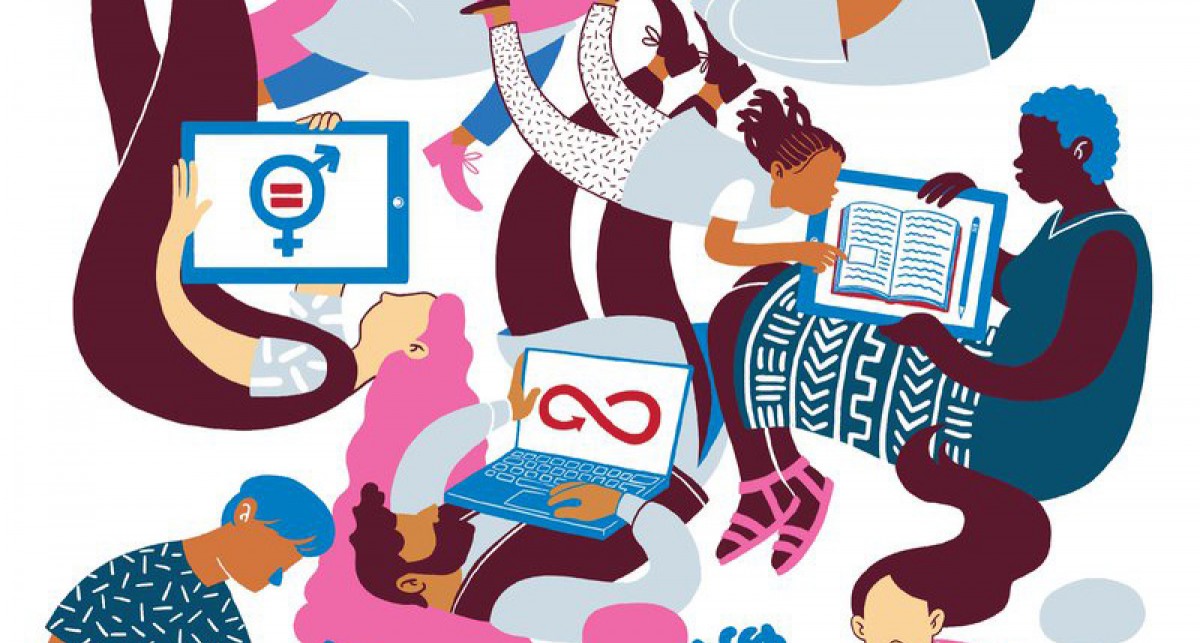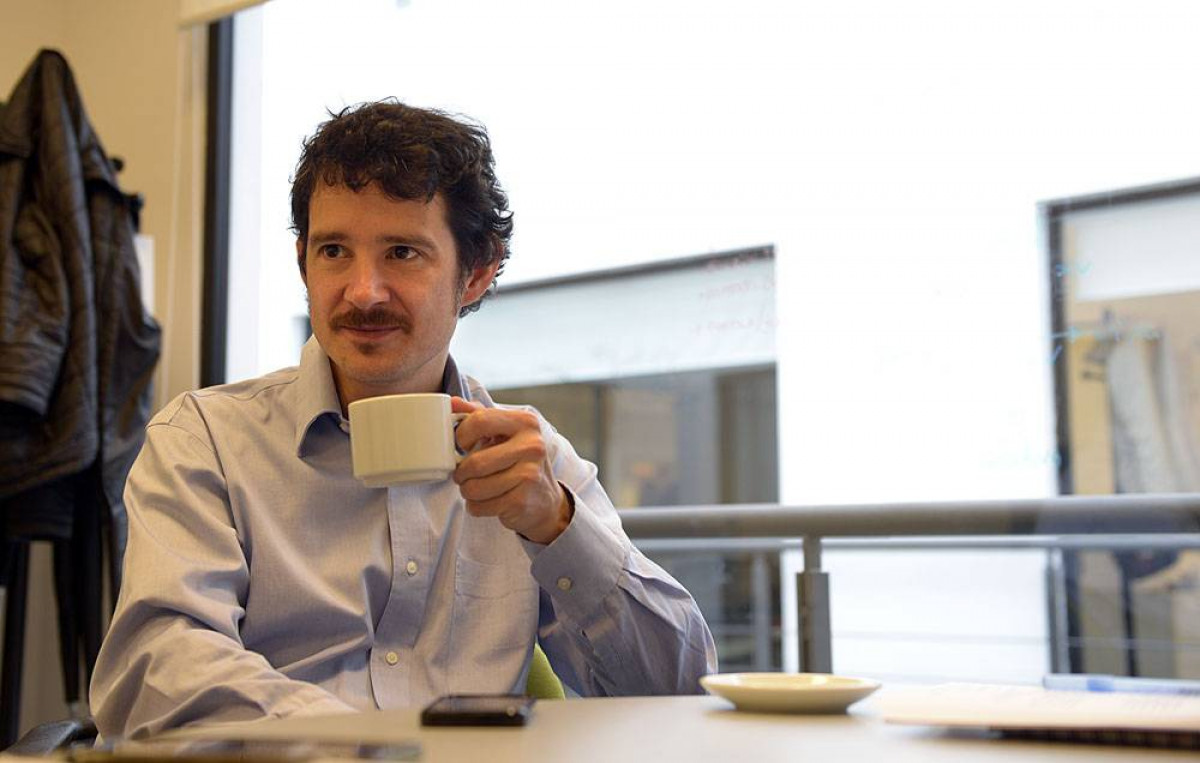There is a growing body of research focused on the importance of artificial intelligence, computer networking, game development, mobile application development, cybersecurity, today are expected to represent a larger portion of the labor market in the coming decade. All these capacities require not only being able to read and write code (like programming, which can be done by machines), but also and even more important perhaps is the capacity to unpack the software or the tech systems we use (decoding). This idea of "deconstruction", borrowed from the philosophy, is critical to understand how algorithms are built, identify bugs in the system, recognize bias, and problems with functionality but also how they can affect people or affect different groups of users.
Education and ICT
The more social the experience of using technologies becomes, the closer the connection between digital skills and the so-called social-emotional skills. As important as learning to code might be, it also will be important to learn how to decode. Identifying new problems can lead us to change the way we see today’s skills. What are the most relevant skills for tomorrow? ☞From digital skills to multiliteracies ☞From using to understanding tech ☞From coding to decoding tech ☞From replacing people to increasing human thinking ☞From digital natives to critical skeptics
Five years ago Uruguay decided to create a research center focused on producing expert knowledge in the field of digital education. After an international call I was humbled to be chosen as director of this novel but ambitious initiative. Being a small country all I knew was the huge opportunity behind connecting and supporting national and international networks of experts in the field of EdTech.
Este nuevo libro busca escapar de los reduccionismos. Según el tipo de trayectoria que se siga con la lectura puede transitarse desde el optimismo (utopía) a la tragedia (distopía) o simplemente desde el diagnóstico a la reacción (posible). La lectura es a medida y a gusto del lector. No hay recetas ni doctrinas que puedan instalarse de manera tan sencilla como una actualización en su sistema operativo. El objetivo último es reflexionar desde una perspectiva crítica y abierta sobre las consecuencias de la masificación de las tecnologías y su impacto en las nuevas formas de poder y control de la sociedad actual.
Plan Ceibal is a multi-stakeholder public policy programme in education and innovation with an emphasis on the integration of pedagogy and technology in Uruguay. The following outline provides an overview of some of the most critical dimensions as well as methodological approaches pursued by Plan Ceibal, which are implemented in close collaboration with the whole education sector in the country. Some of these initiatives are not only implemented at a national level, but also in collaboration with a network of schools or education-oriented institutions throughout several countries (e.g. New Pedagogies for Deep Learning, Code.org, Design for Change).
Investigador em tecnologia e aprendizagem na Fundação Ceibal, no Uruguai, veio a Lisboa deixar claro que “a literacia digital não é o domínio das teclas, é o domínio das ideias”. E não tem dúvidas: “O que se rompeu com as fake news foi a confiança”.
[Texto en catalán] Aquest és el segon ICEberg Day organitzat per l’ICE Josep Pallach. Es va realitzar al Parc Científic i Tecnològic de la Universitat de Girona i va aplegar docents universitaris i també professorat d’educació secundària. La intervenció de Cristóbal Cobo es va centrar en com repensar l’aprenentatge en la societat actual on la incertesa, la complexitat i la sobreexposició a la tecnologia en són elements claus.
The G20 is an international forum for the governments. Membership of the G20 consists of 19 individual countries plus the European Union (EU). The T20 provides research-based policy advice to the G20, facilitates interaction among its members and the policy community, and communicates with the broader public about issues of global importance. During the Argentine G20 presidency, the T20 will develop policy recommendations through 10 Task Forces. Here more information on these Task Forces.
Una charla con Cristóbal Cobo, de Fundación Ceibal, sobre cómo debería cambiar el papel de la tecnología en la educación

